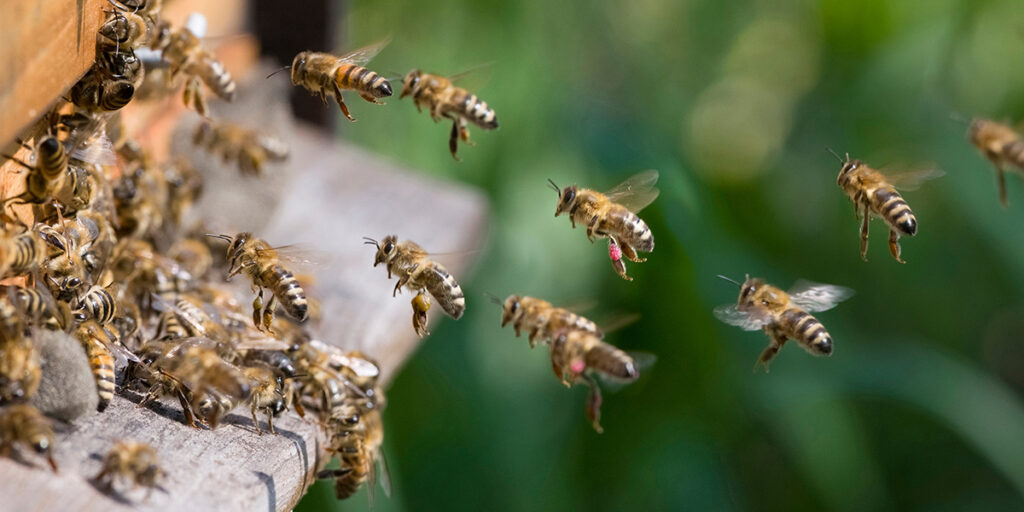Transforming Everest Trash: Nepali Women Creating a Sustainable Future
Sunita Kumari Chaudhary, a Nepali woman, is ingeniously reusing abandoned Himalayan climbing ropes into gorgeous crafts. Chaudhary along with other local and other local craftswomen in Kathmandu Valley are making jewellery boxes and table mats out of craftswomen in Kathmandu Valley are making jewellery boxes and table mats out rubbish cleared from Mount Everest. Once crucial for mountain climbers, discarded ropes are now seeing fresh life thanks to government measures to clean up mountain debris.
Led by Shilshila Acharya, this project unites indigenous craftswomen with mountain garbage, creating economic opportunities while addressing environmental issues. Through innovation and collaboration, they hope to create a sustainable future, ensuring that no waste ends up in landfills again.
De-paving: Reshaping Urban Landscapes for Nature’s Return

Katherine Rose is leading a grassroots effort in Portland, Oregon, to remove asphalt and concrete in favour of green space. De-paving, a concept that has emerged since 2008, argues for plant and soil-filled areas to reduce flooding, increase biodiversity, and improve urban life. This simple yet effective approach diverts rainfall from storm drains, reducing flood risk and benefiting communities worldwide.
Inspired by Portland’s success, organisations such as Green Venture in Ontario use similar tactics to transform underserved areas into thriving community spaces. However, significant investment and recognition by local authorities as critical climate adaptation infrastructure are required for de-paving to become mainstream.
Beekeeping: A Lifeline for Senegalese Women and the Mangrove Ecosystem

In Senegal, Bintou Sonko and her women’s cooperative have turned to beekeeping for revenue and mangrove conservation. They learn beekeeping techniques in the face of climate change risks and recognise bees’ importance in pollinating mangroves and sustaining biodiversity.
Traditional oyster gatherings are in decline owing to environmental issues. Sonko’s group, with the help of local NGOs, is at the forefront of sustainable mangrove management, ensuring economic development and environmental conservation. Beekeeping has emerged as a strategic enterprise, presenting a sustainable answer to economic and ecological difficulties in Senegal’s coastal towns.
Activism in the Lab: Scientists Addressing Climate Change

Frustrated by government inertia, some scholars are taking up activism to prevent global warming. Climate scientist Peter Kalmus, who was once “blissfully ignorant” about climate concerns, is now a strong champion for action. In 2022, he and others demonstrated against a JP Morgan Chase branch, hoping to disrupt fossil fuel investments. Kalmus was arrested for trespassing and then joined Scientist Rebellion, a global environmentalist campaign.
Sociologist Dana Fisher observes an increase in scientists engaged in civil disobedience, indicating an increasing urgency. Rose Abramoff’s 80-hour train journey to an AGU conference exemplifies the lengths scientists would go to raise climate awareness, including risking expulsion for activism.



